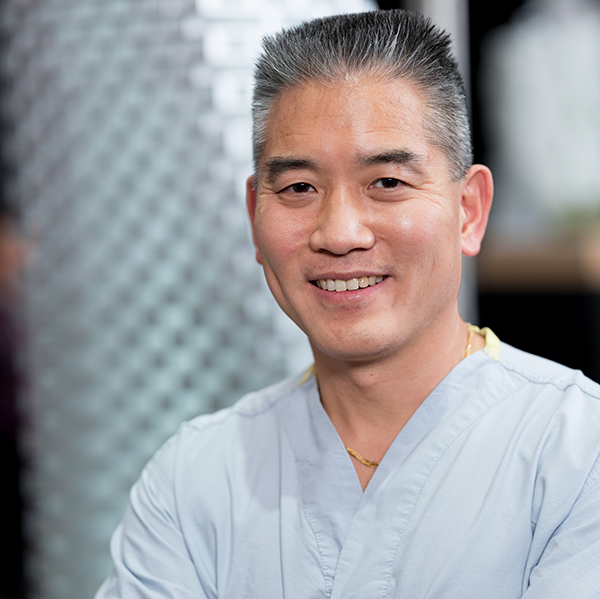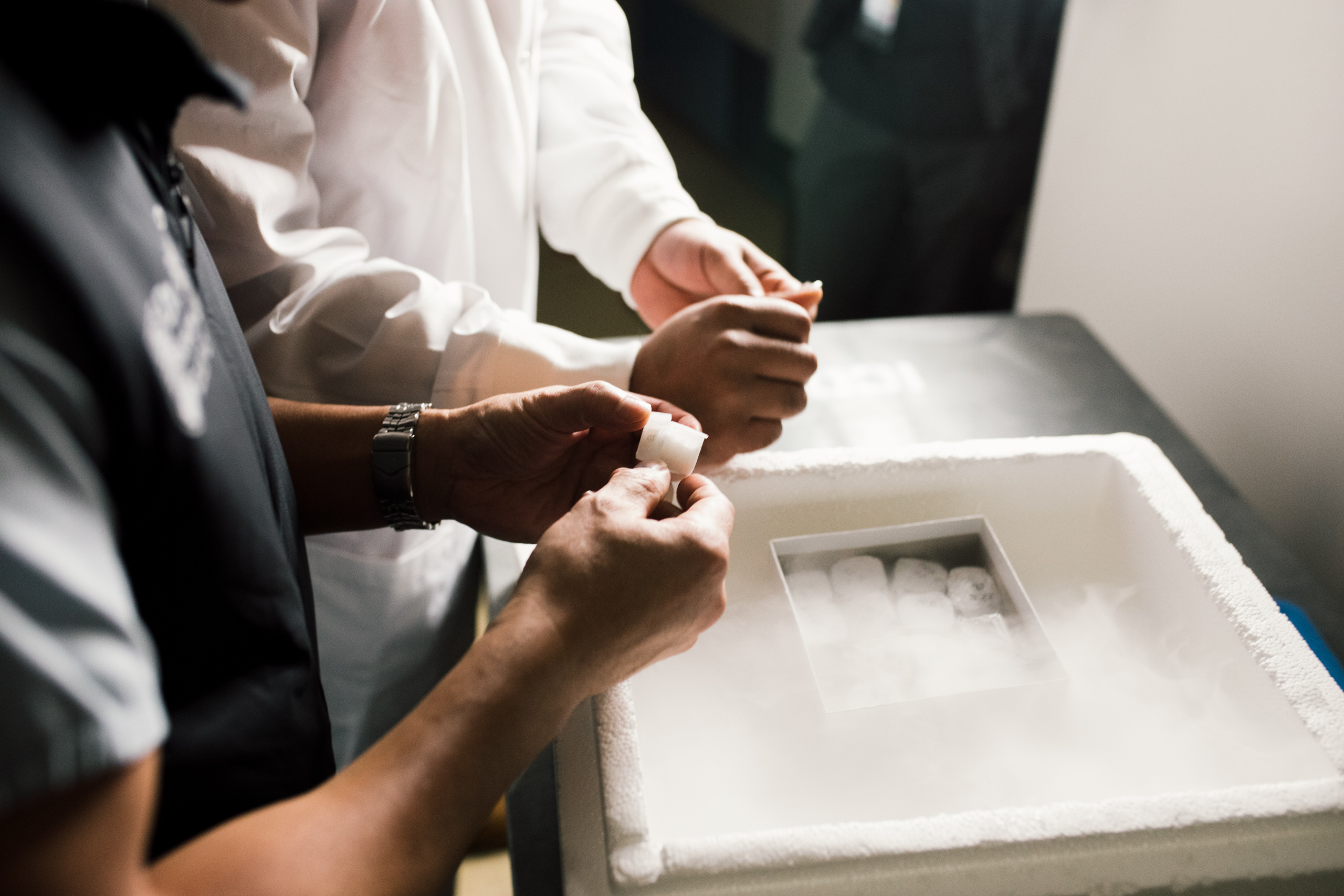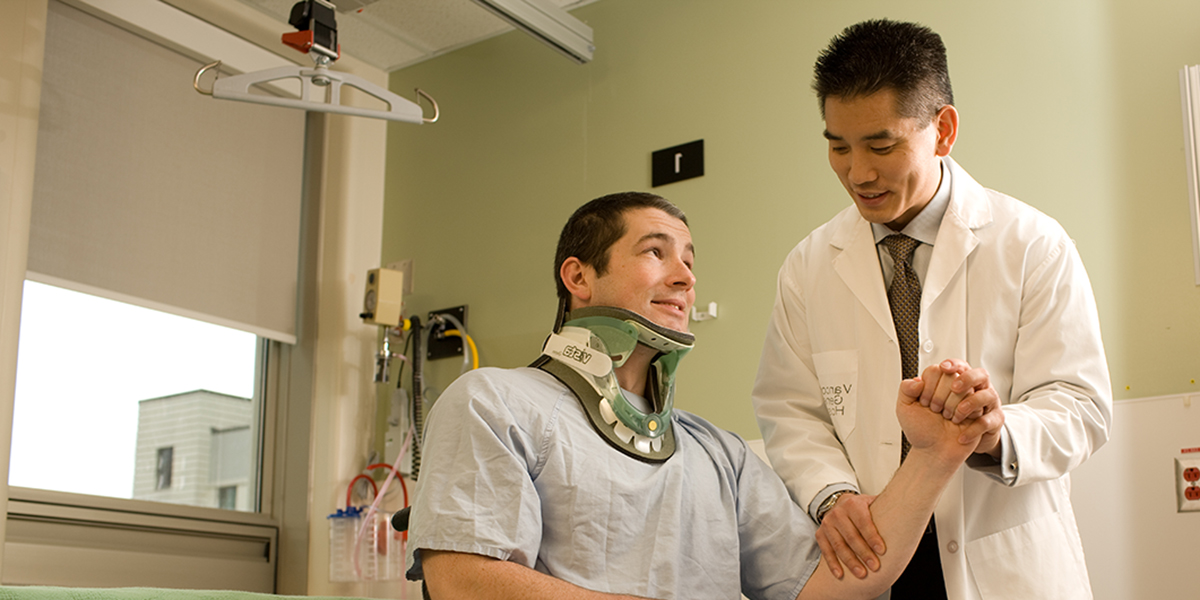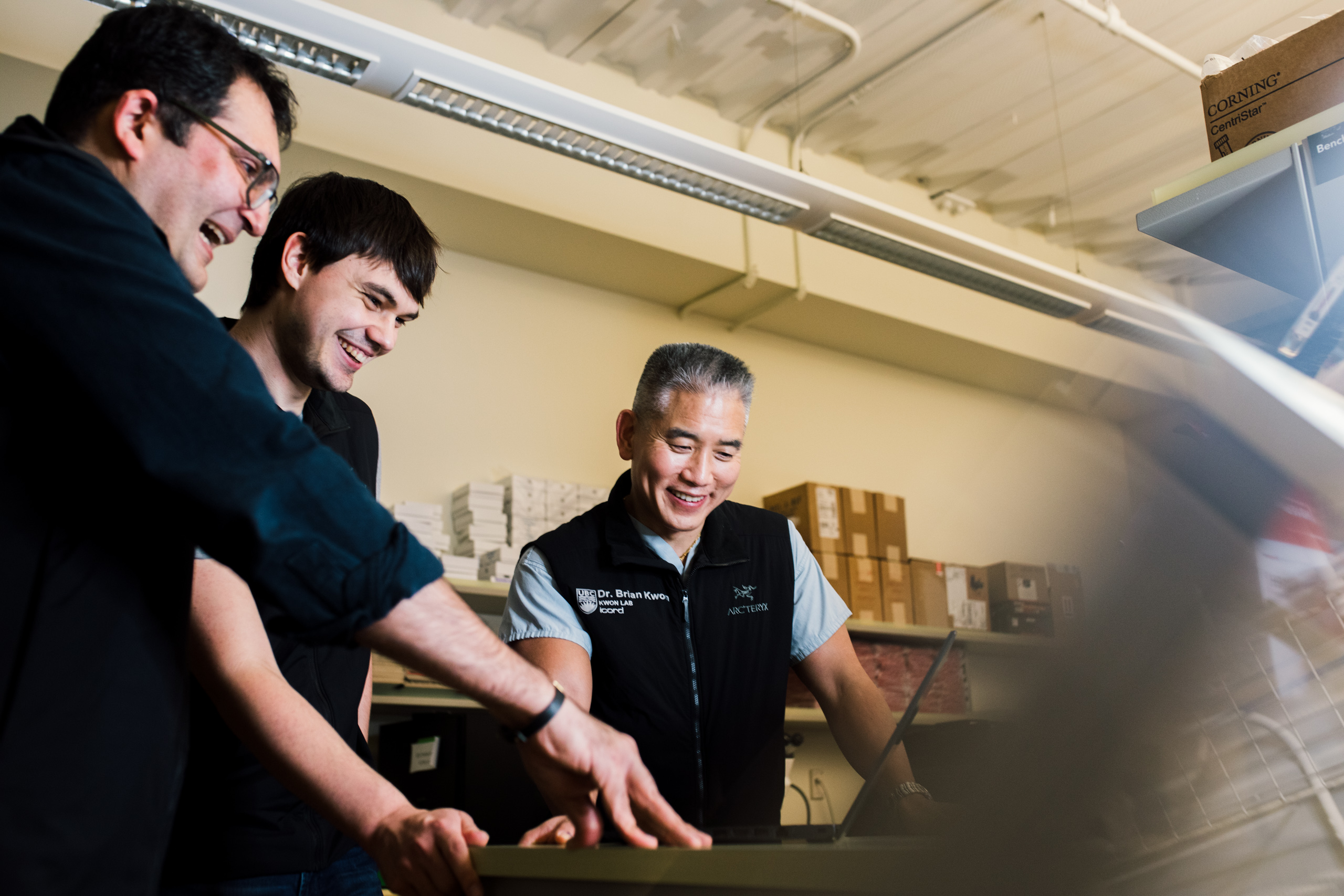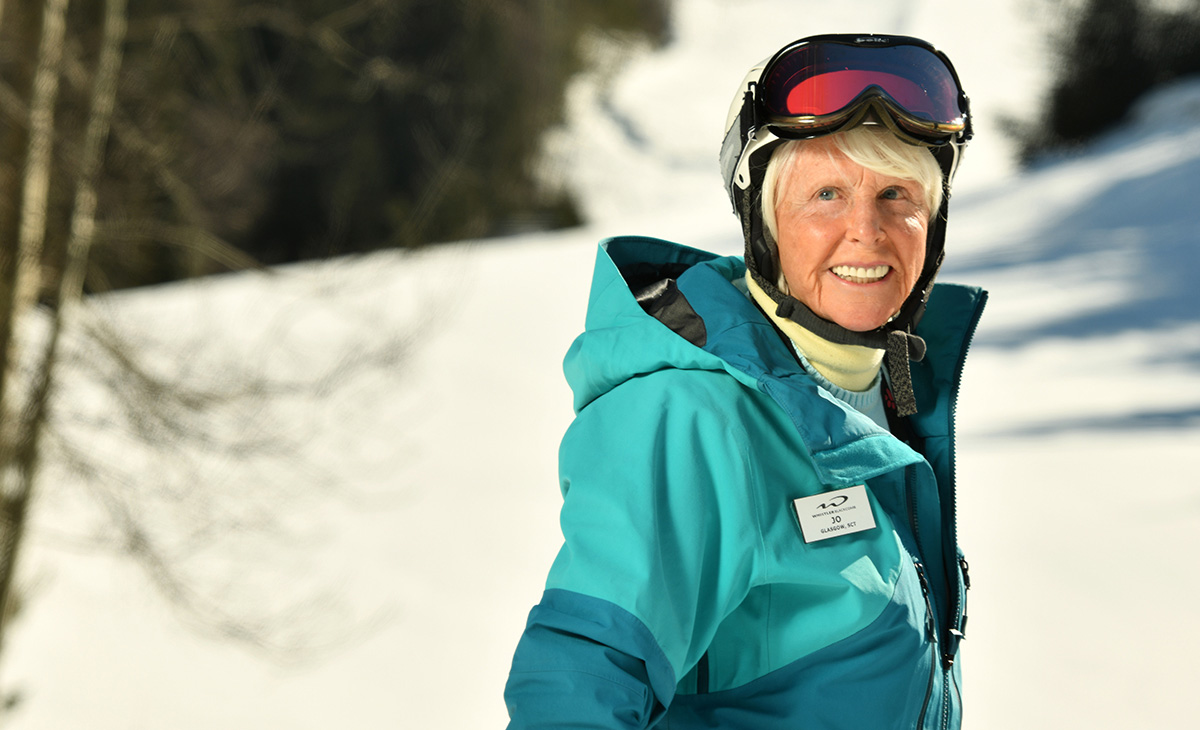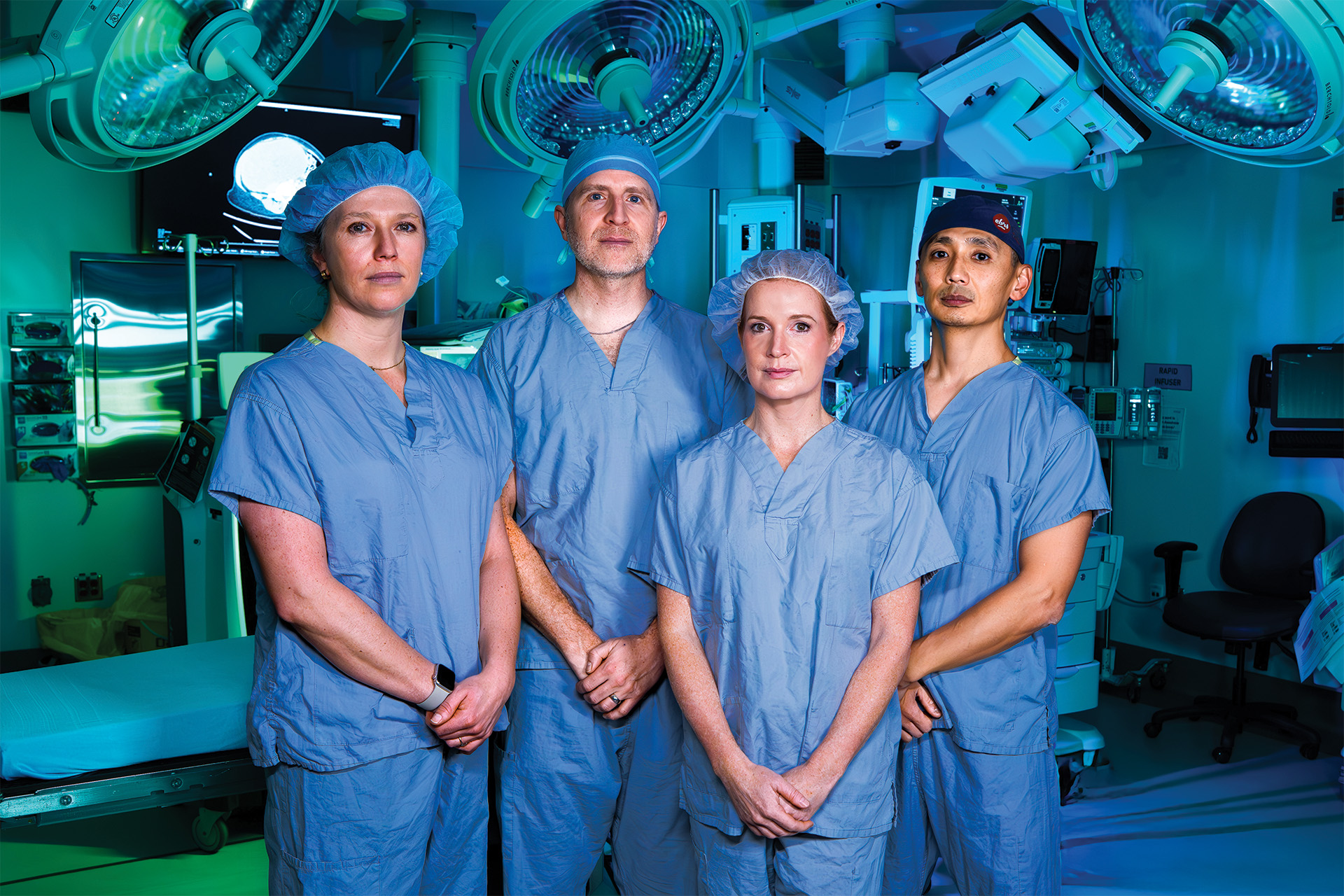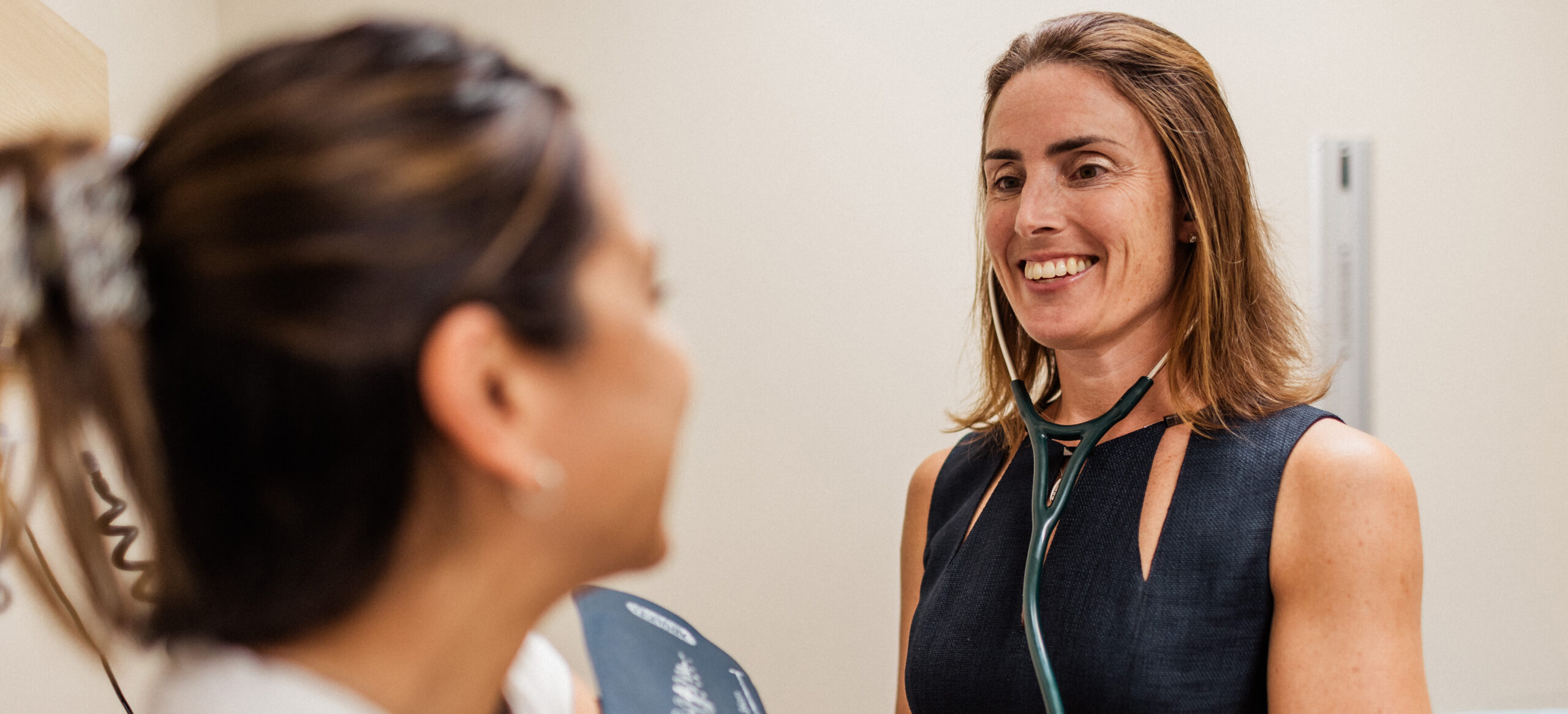Spinal Cord Injury Research
A spinal cord injury can happen to anyone in the blink of an eye. Many patients lose the use of their arms and legs, a devastating impact on their everyday health and independence.
Dr. Brian Kwon, visionary spine surgeon and clinical scientist, pioneered trendsetting research to translate out-of-the-box ideas from the laboratory bench to the patient bedside to reignite hope for a cure from paralysis.
With your help, cutting-edge spinal cord injury research at VGH is creating hope on a global scale. Donate today and support the forefront spinal cord injury research right here in BC.
Supporting the next generation of innovation
Educating and inspiring the next generation of scientists is a priority for Dr. Kwon’s research program. Your donation can help support hard-working trainees, giving them the tools they need to develop, and apply their bright young minds to Dr. Kwon’s research projects.
Banking on the future
Dr. Kwon spearheaded the establishment of the world’s first International Spinal Cord Injury Biobank.
For the first time, organ donors in Canada can contribute injured spinal cords for research. Dr. Kwon’s team has recently established the world’s first human spinal cord injury biobank. Through this initiative, they hope to better understand the microscopic changes that occur after traumatic injuries.
This one-of-a-kind collection houses over 40,000 samples of spinal fluid and blood derivatives, which are made available to researchers around the world. The Biobank’s mission is to advance the understanding of the biology of spinal cord injury and share these findings with the global research community.
Expanding this collection can turn BC into an international hub of activity for spinal cord injury research, increasing accessibility to scientists across the globe to carry out life-changing research projects. Your gift can help fund the research tools to make the most of these valuable resources. Visit www.sci-biobank.org to learn more.
Determining the extent of injuries faster
One of the major challenges in both patient care and the development of treatment for spinal cord injuries is the fact that it is difficult to assess the extent of the injury in patients who are unconscious or have other major injuries.
Dr. Kwon’s team has identified biomarkers in the spinal fluid of injured patients that can determine how badly the spinal cord is injured. Currently this requires eight hours of extensive lab work, but promising new research can bring this new technology bedside, with results in 20 minutes.
Putting research into practice to personalize patient care
One of the few actions clinicians can take to reduce lasting damage to an injured spinal cord is to increase the patients’ blood pressure, keeping the spinal cord supplied with blood to avoid further damage.
This has already been implemented to monitor blood flow and oxygenation in brain injury patients. Now Dr. Kwon’s team wants to apply the same technology to spinal injury care to tailor treatment to each patient.
For this to happen the device needs to be shrunk down – small enough to fit inside a spinal cord.
Your donation can help with the development of this technological advancement, allowing for personalized blood pressure management.
Regenerating a chronically injured spinal cord
Dr. Kwon and his collaborators are studying new protocols to restore feeling and function to patients with chronic spinal cord injuries.
Using lab models, they are developing two related approaches: Introducing proteins to injury sites to break down scar tissue that was preventing spinal nerves from regenerating, and working with biodegradable scaffolding material to allow damaged spinal nerves to grow and heal across injury sites.
Restoring quality of life after spinal cord injuries
Loss of bladder control is one of the most frequently overlooked problems for spinal cord injury patients. It has an enormous impact on quality of life, and often leads to further health complications, yet there are few solutions available.
Dr. Kwon and his team are working to understand how bladder function changes after an injury, and to develop therapies to restore bladder control, giving patients more independence and a better quality of life.
Leading global research
VGH research teams like Dr. Kwon’s have partnered with centers across North America to learn more about the cerebrospinal fluid (CSF) that surrounds injured spinal cords. This included the largest, most comprehensive analysis of human CSF to date, using a national network of expertise.
Following the success of phase one, a follow-up clinical trial is now in the works, with the aim of working with a larger number of research centres to determine if neurological recovery is possible.
Joan’s story
“There’s no doubt in my mind that I would never have skied again without the emergency surgery and care I received. Dr. Kwon and his team brought me back from the brink of paralysis.” – Joan Guthrie
Whistler ski instructor receives emergency specialized spine surgery at VGH after taking an unexpected 20-foot jump that went terribly wrong.
Driving Change Through Key Health Care Impact Areas
See where your support fuels innovation and better care for BC.
